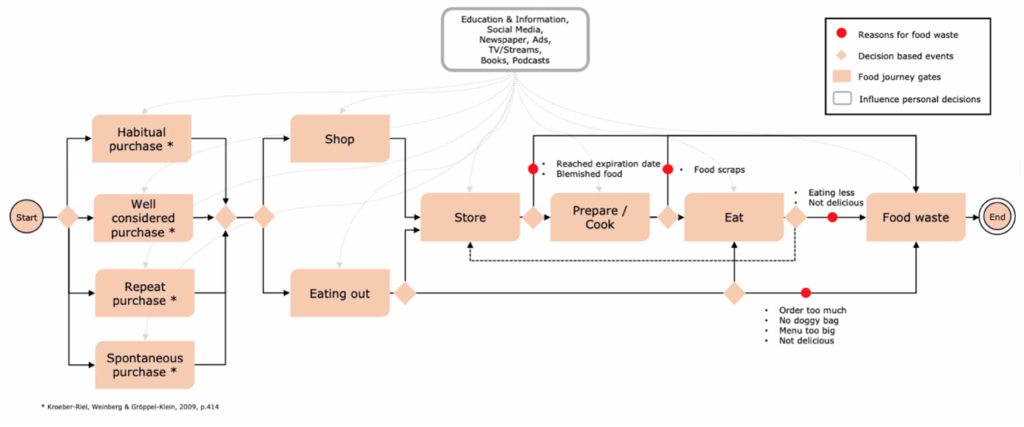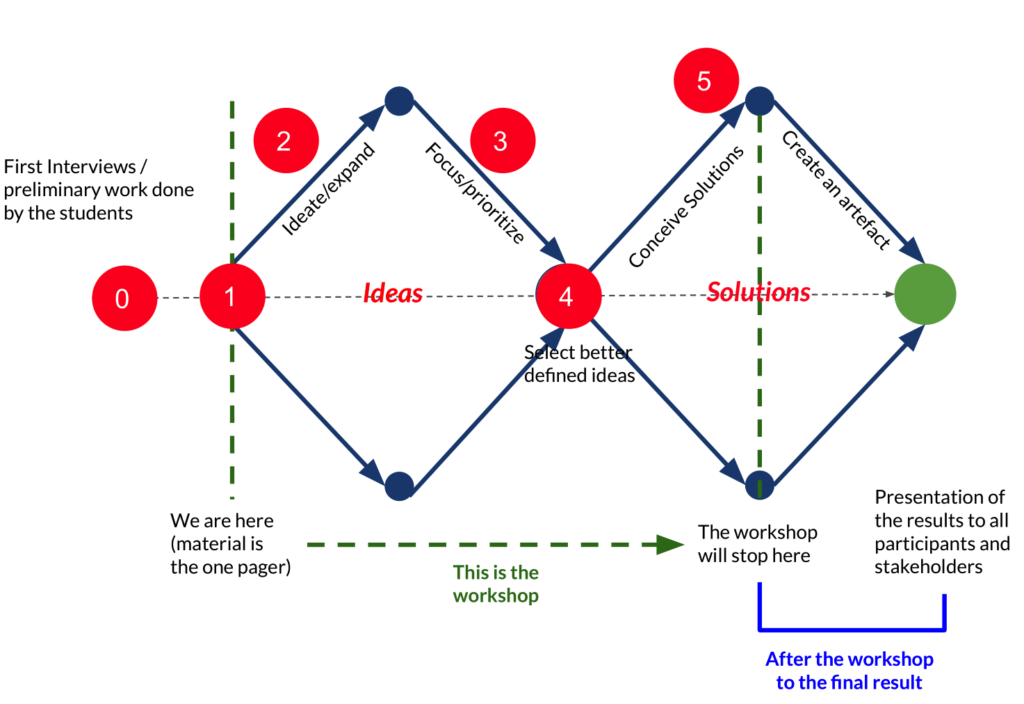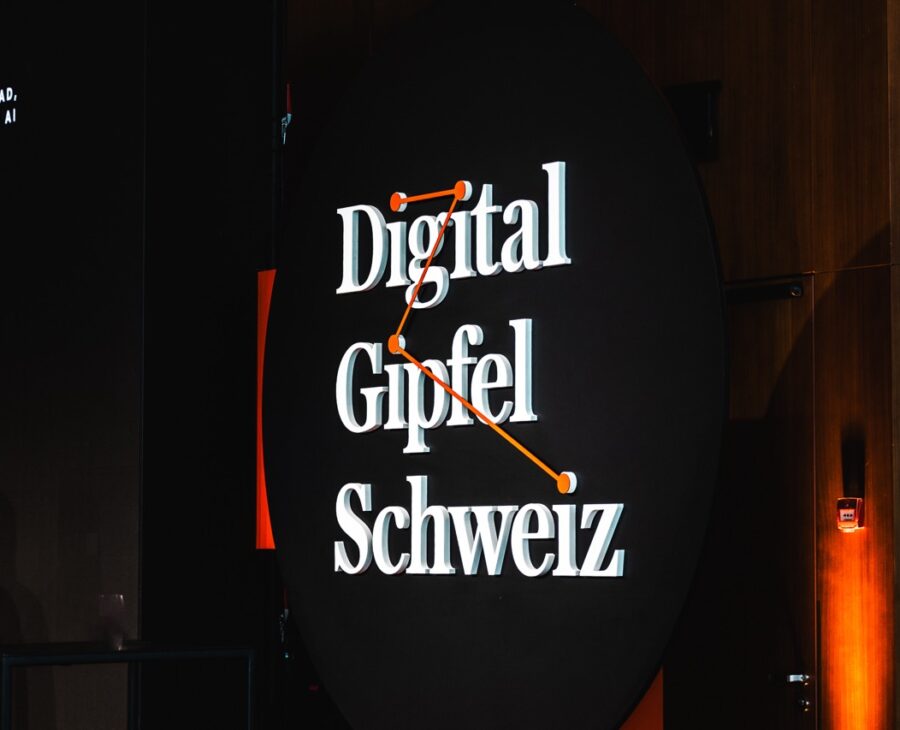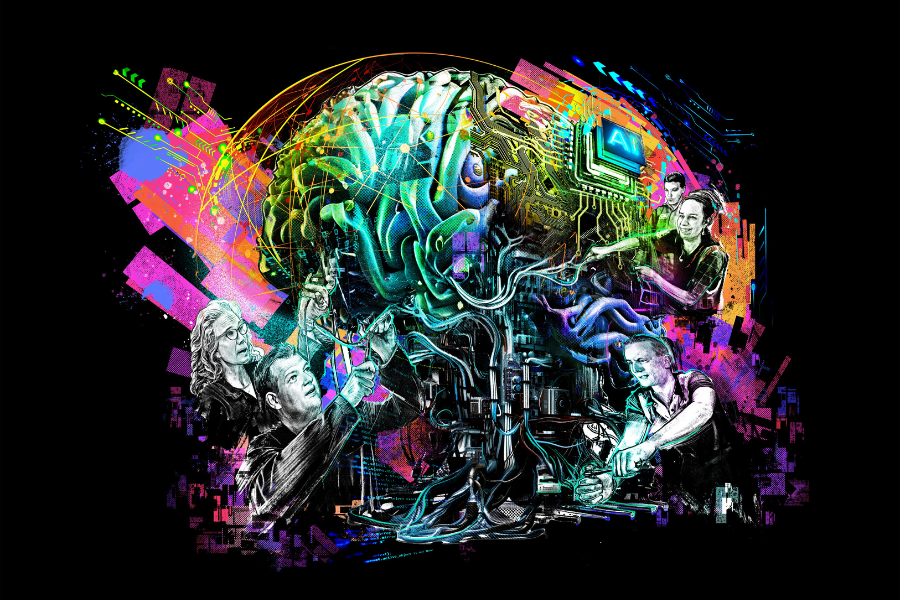Master students from ZHAW created a great concept with suitable tools to create a smart and digital food guide for home usage called “kitsch”, serving as a food assistant for the consumers. WWF and digitalswitzerland support this project idea and would like to invite any player in the ecosystem to further develop this solution and start designing an MVP for the food waste reduction application. digitalswitzerland will continue with a supporting role to connect you with the relevant stakeholders, communicating the milestones to a wider audience and giving feedback along the innovation process.
Are you willing to take ownership of this project? digitalswitzerland and WWF would be very pleased to see this project developing further, please let Jade Sternberg know and she’s happy to coordinate with you. This is a project close to our hearts and we wish to follow the development from a far angle. The ideal scenario for the future would be for all retailers to offer this application to their consumers through their loyalty cards. It is only through a behavioural society mindset shift that Switzerland will be able to reduce food waste and meet its sustainable goals.
Interested to learn more about how it all started? Read through the article:
In summer 2021, at digitalswitzerland we already discussed the challenge of fighting food waste with WWF, Swiss Food Nutrition Valley and Accenture. We were later approached by ZHAW professor Yann Blumer looking for corporate partners to work with the students on multi-stakeholder projects, tackling pressing systemic challenges. Our upcoming workshop centred around food waste was the perfect opportunity to involve the students. We started working with them to conduct a system analysis based on existing networks and projects with the purpose of developing a prototype of a digital artefact.
Switzerland has set clear goals of reducing its food waste by the mid-2030s (bafu.admin). Each person in Switzerland generates 330kg of avoidable food waste per year. Considering this rather high number, it became clear that a holistic approach is crucial to enable a behavioural change of the consumer to avoid throwing away edible food.
Based on their research, the students created a complete overview of the consumer journey to identify the pain points where food was wasted the most (See image below).

To get different insights, the students interviewed key experts from WWF, ZHAW, Coop and Swiss Food Nutrition Valley to understand perspectives and expectations regarding the reduction of food waste on the consumer side. Based on this evaluation, they defined common ground for the multi-stakeholder workshop, which was summarised in a one-pager briefing and shared with all participants prior to the workshop.
On 18 November, multiple stakeholders such as BAFU, fenanco, WWF, Accenture, Eatable and more, met at Impact Hub in Bern to brainstorm together on the potential digital solutions to tackle the food waste challenge together. It is only through a transversal approach that we can identify the best-suited solution for this systematic challenge.
The workshop was structured according to the double diamond process (See image below), meaning that the stakeholders could ideate and expand their ideas first to finally prioritise and select the most promising ideas. The conceiving solutions would be further elaborated on by the students.
The following four key ideas came out of the workshop:
- Measurability in households: a combination of a fridge camera to visualise your food ingredients and a smart bin to track food waste to support the consumer in having updated data on their daily food routine
- Food waste awareness app: a food waste guide to improving your daily life with key inputs on where to find easy local and healthy food items in your surroundings as well as how to easily access it through delivery
- National campaign: the implementation of a food waste awareness week in organisations and institutions contributing to a food day or week (e.g. posters, actions, podcasts, actions)
- Support for expiry dates: an application that would alert the consumer about any items from their household that would soon expire. It would be directly linked to the consumers’ food shop loyalty card

The students aimed to create a convenient, integrated solution combining multiple ideas in an easy-to-use artefact. They validated their concept through expert interviews with WWF, BAFU, Coop, Migros, Accenture and Kitro.
What came out of their hard work is a smart and digital food guide at home called “kitsch”, serving as a food assistant for the consumers. The vision is defined on this landing page and serves to identify if consumers share a similar vision. This group of innovative students put in place this platform to look for stakeholders who are willing to co-create the solution. For the project to be successful, it is key to create a community of early adopters which support the idea.
In this video, the students show the advantages of the application through the full consumer journey. To outline how to best continue the development of the concept, the students also provide a clear handover document for the ecosystem.
The comprehensive documentation of the students’ digital artefact will be used as a baseline to build an MVP fitting the market’s demand. To start the development of “kitsch”, the students recommend starting with the implementation of the expiration date feature, alerting the consumers of the food which will soon not be edible.
We are pursuing this partnership with ZHAW and are currently working with a new group of students on sustainability topics in Switzerland.






